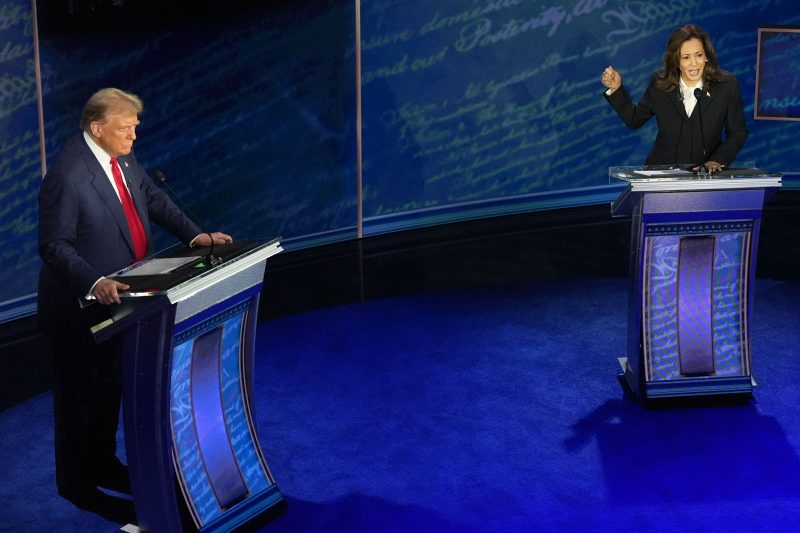In a recent series of tweets, former President Donald Trump has taken to calling Vice President Kamala Harris stupid. This latest attack represents a continuation of Trump’s antagonistic and controversial approach toward his political opponents.
While name-calling and personal attacks are not uncommon in politics, especially in the era of social media, such behavior raises questions about the level of discourse in our political landscape. Critics argue that resorting to insults and ad hominem attacks does not contribute to meaningful debate or productive policymaking. It can also set a negative example for the general public, fostering a culture of incivility and division.
In response to Trump’s derogatory remarks, many have come to Harris’s defense, highlighting her accomplishments and qualifications. Kamala Harris, the first female, first Black, and first Asian-American Vice President in U.S. history, has a long and distinguished career in public service. Prior to becoming Vice President, she served as a U.S. Senator and as the Attorney General of California, earning a reputation for her sharp legal mind and dedication to justice and equality.
Critics of Trump’s behavior point out that attacking someone’s intelligence or character is not a productive way to engage in political discourse. They argue that focusing on substantive policy differences and engaging in respectful dialogue are more effective ways to address disagreements and move the country forward.
Moreover, the personal attacks on Vice President Harris may also be seen as reflective of broader issues related to sexism and racism in politics. Women and minorities in positions of power often face heightened scrutiny and unfair criticism, which can serve to undermine their authority and legitimacy. By resorting to name-calling and belittling language, Trump’s behavior may perpetuate harmful stereotypes and contribute to a hostile environment for diversity in leadership.
As we navigate the complexities of our political landscape, it is essential to uphold standards of respect and civility in our public discourse. By focusing on substantive issues, engaging in constructive dialogue, and treating each other with dignity and respect, we can work toward a more inclusive and productive political environment. Name-calling and personal attacks have no place in a healthy democracy and detract from the important work of governance and policymaking.

